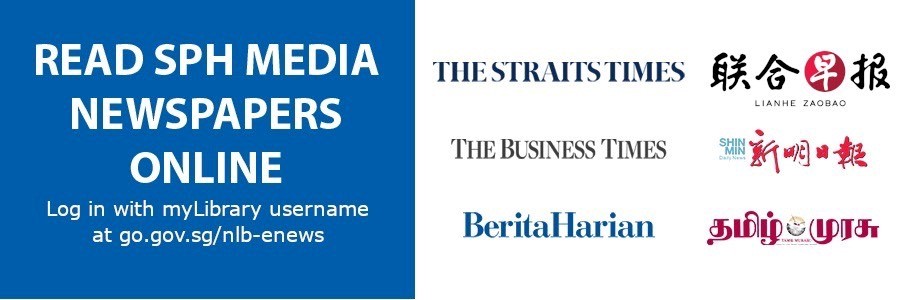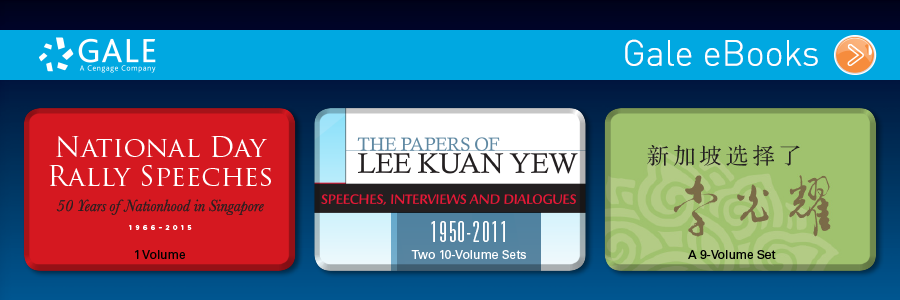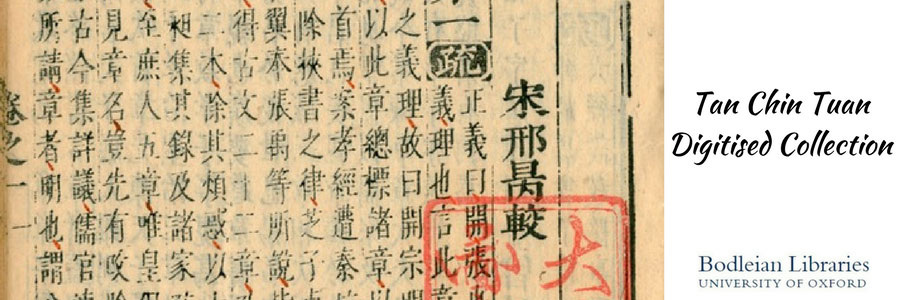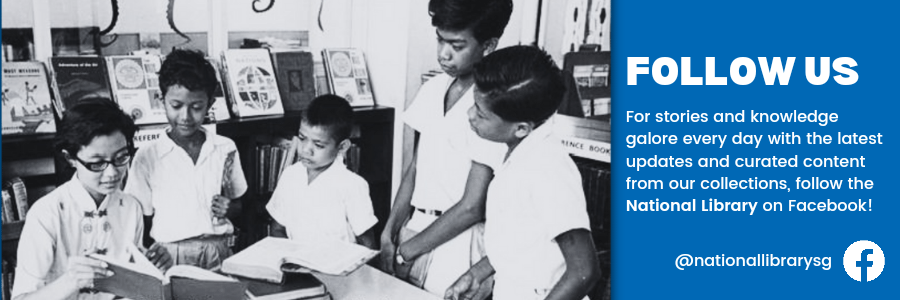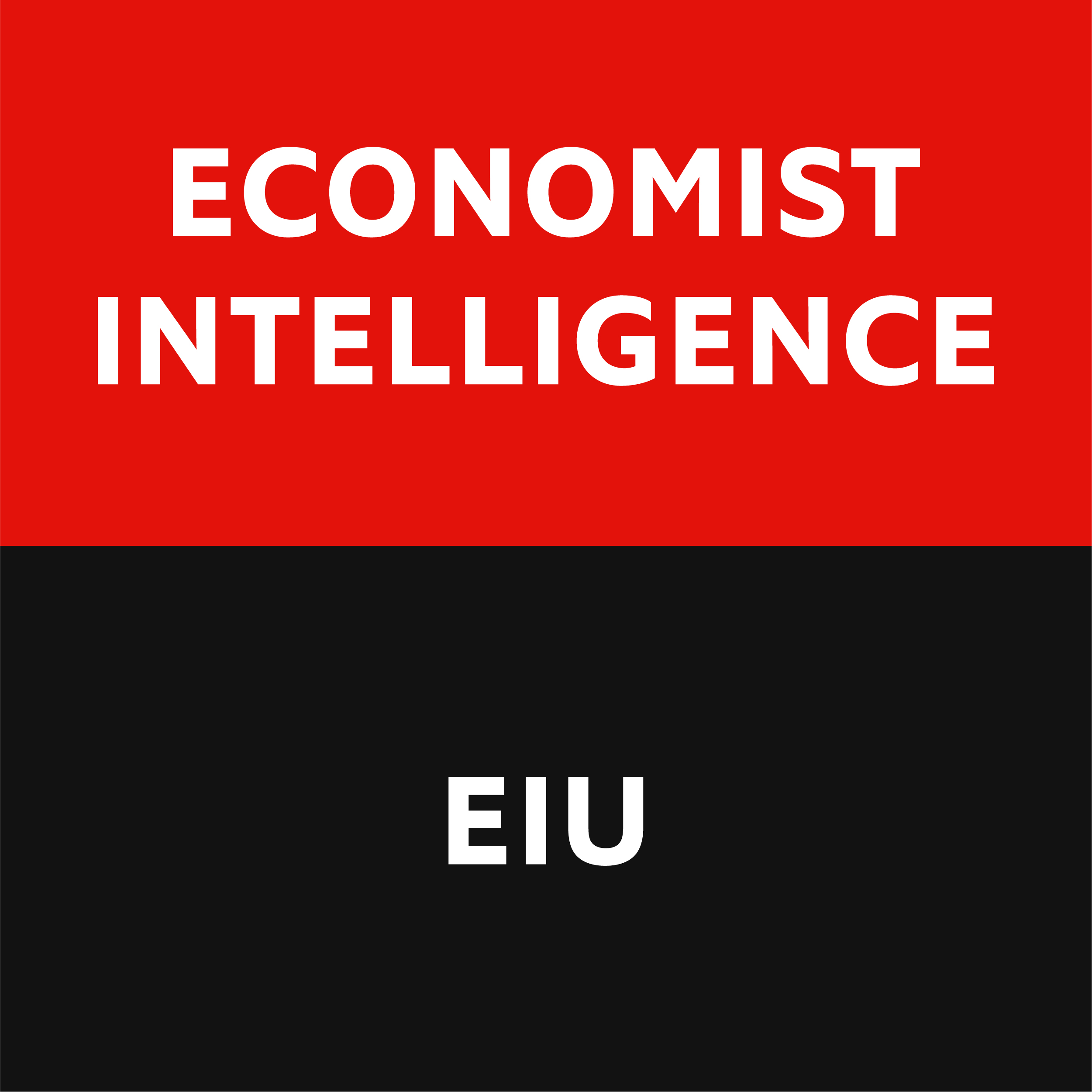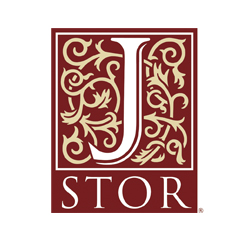Reference Point
The Lee Kong Chian Reference Library provides a remote advisory service to the general public called the Reference Point. We offer assistance to your information queries on Singapore history and heritage as well as subject-specific topics relating to the arts, business, science and technology and social sciences and humanities.
Send your enquiries to us today via email ref@nlb.gov.sgBrowse Selected Databases
MORE...e-Newspapers: Singapore & International Newspapers
MORE...Business
Science and Technology


